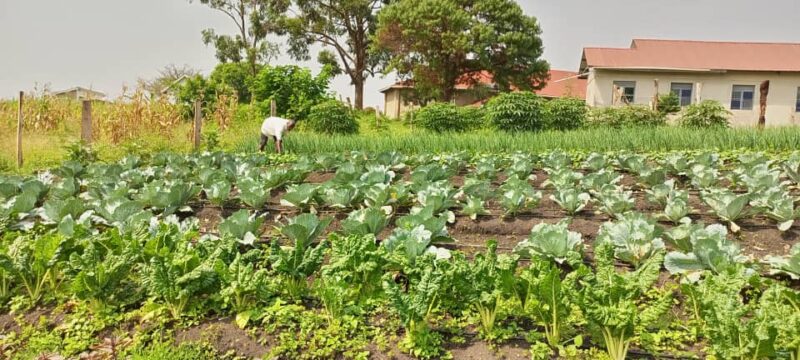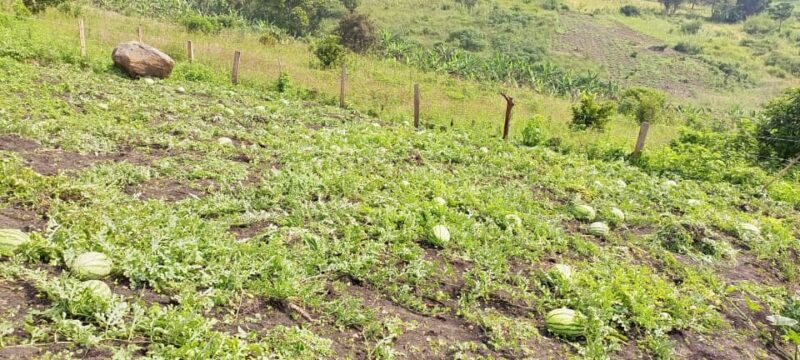Blog
MAMA KITCHEN GARDENS EMPOWERING WOMEN TO FIGHT POVERTY & MALNUTRITION
Rural women are key agents for development so empowering them is essential, not only for the well-being of individuals, families and rural communities, but also for overall economic productivity of their country.
A number of solutions have been presented over time to address poverty, food insecurity, hunger and malnutrition with many highlighting the need to boost agriculture research and investment however, the actual progress to implement the agreed ways forward remains painfully slow.
The slow pace of poverty and hunger reduction in Uganda shows an urgent need for strategies that better target the areas where poor people live and the activities on which their lives depend. At Prosper Mama Africa, we strongly believe that agriculture is at the core of the livelihoods of rural people and is the principal driving force of the rural economy. Rural women are key agents for development so empowering them is essential, not only for the well-being of individuals, families and rural communities, but also for overall economic productivity of their country.
For us to join in on the fight towards poverty, hunger and malnutrition reduction require that the incomes of rural people and the sources from which they derive their livelihoods be enhanced – we found this pathway to be in our Mama Kitchen Gardens. These gardens have been training grounds to the rural women in Western Uganda as we group them with agronomists and other agricultural experts together with whom they have planned their small land division & management, crop selection and upheld recommended farm practices.
FAO estimates that if women farmers (43 per cent of the agricultural labour force in developing countries) had the same access as men, agricultural output in 34 developing countries would rise by an estimated average of up to 4 per cent. This could reduce the number of undernourished people in those countries by as much as 17 per cent, translating to up to 150 million fewer hungry people.
Through the Mama Kitchen garden initiative, women in the communities under the Church of Uganda in the western part of the country have been able to use the church resources including land to collectively cultivate crops that they need to survive at household level. Following the use of recommended farm practices, the women are able to generate income out of the extra produce, creating a multiplier effect in ensuring that homestead have a robust and nutritious food supply.

